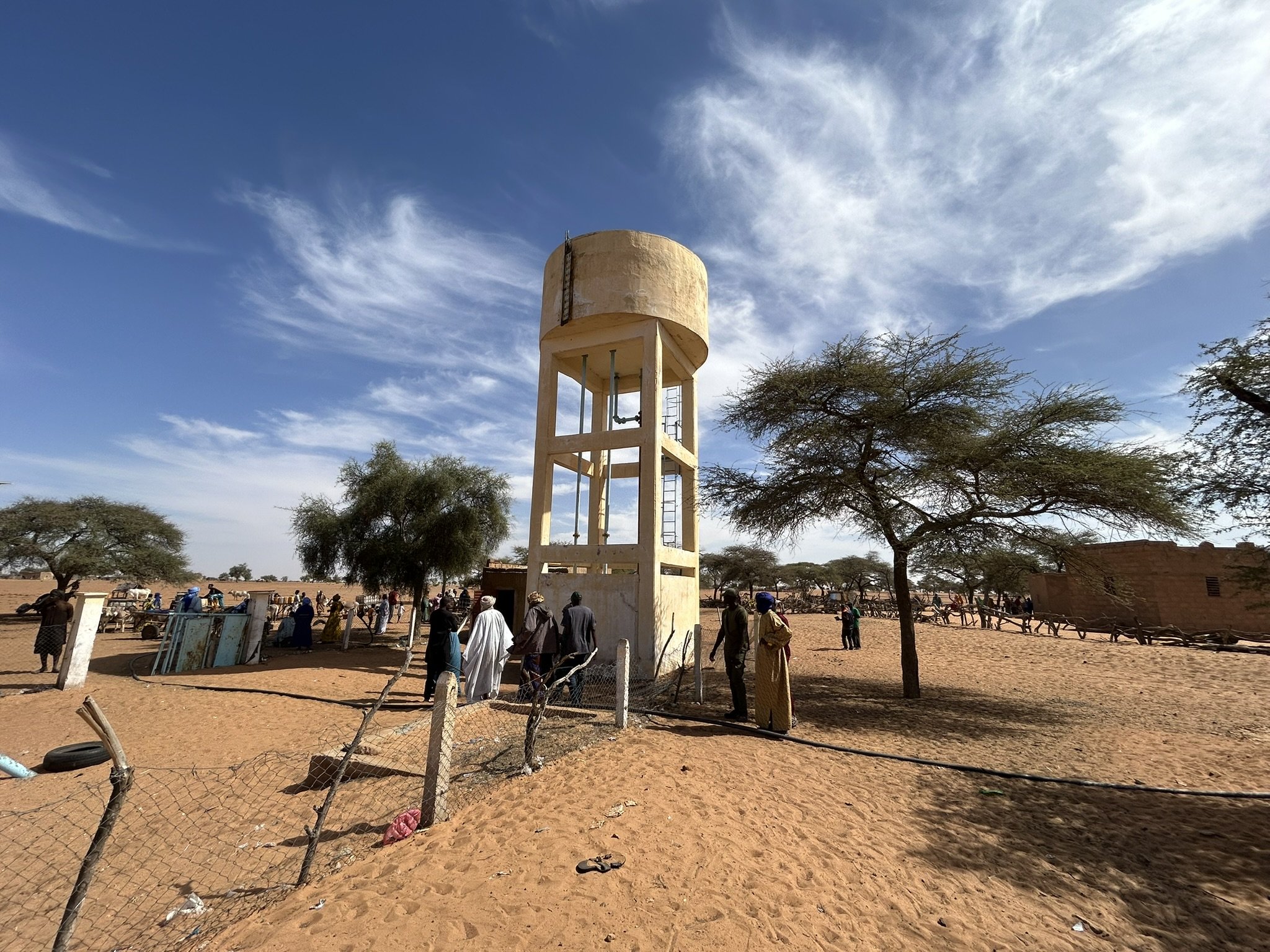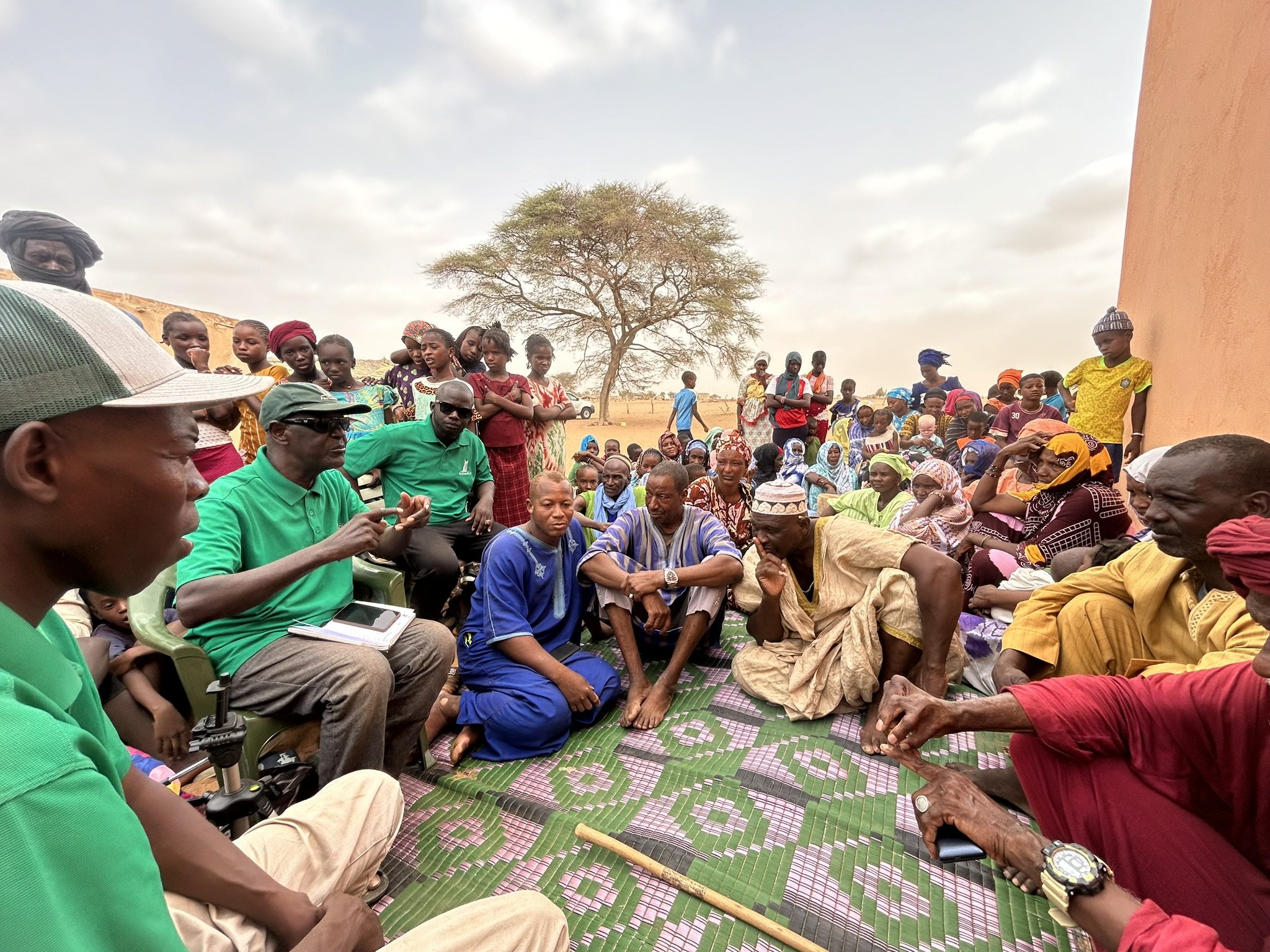We’re thrilled to share some big news: the new deep borehole well in Sénobowal is complete!
Drilling is finished, the pipes are installed, and our pumping test confirms what we’d hoped, a strong, clean, and abundant water source ready to transform daily life for more than 5,000 people and over 30,000 livestock across Sénobowal and ten surrounding villages.
The new borehole in Senobowal is producing an abundant amount of clean water, which will transform daily life for the entire village and the surrounding ten villages that rely on them for water.
This project has been a long time coming, with many starts and stops over the past year. But the water crisis in Sénobowal didn’t begin last year. It has been building for decades.
Everyone (big and small) was eager to fill their containers once news spread that we had hit water.
Context: Why This Matters
Sénobowal is one of the oldest villages in the Diéri region of northern Senegal, a dry pastoral zone south of the Senegal River. The people here are Fulani herders (known locally as Peulh) who have sustained themselves for generations through seasonal livestock migration.
Historically, many Peulh families moved between the dry grasslands of the Diéri and the fertile floodplains of the Senegal River, called the Walo, depending on the season. But as farmland expanded and populations grew, many communities were forced to settle in one area. The people of Sénobowal chose to remain in the Diéri and continue their herding traditions. But to do so, they needed water.
Senobowal already had a substantial water tower that just needed upgrades to the well and pump system. With these upgrades, they now have a dependable water supply that will help them remain on their ancestral lands.
More than 100 years ago, the village dug a 60-meter well by hand, an incredible feat in and of itself, which served the community and passing herders for decades. But in recent years, climate change has shortened the rainy season and lowered the water table. The old well structure began to fail, and the water became unsafe. A mini borehole installed later helped for a time, but it was too small for the population’s needs. Despite a strong local water committee, which replaced broken pumps and even upgraded the system to solar on their own, they simply couldn’t keep up with the constant maintenance costs stemming from overheating pumps in an undersized well.
Andando staff talking with leaders of Senobowal in the shade of the newly constructed health clinic. By listening and partnering with the community, we can identify the best solutions to meet their needs - together!
We first got to know Sénobowal while partnering with the village to build a rural health clinic. It quickly became clear that without reliable water, the clinic could not provide the safe births and basic services the community deserved. Together with local leaders, we made emergency repairs to their troublesome mini borehole as a stopgap measure while we raised the funds to drill a brand-new, deep borehole well, wide enough to support a high-capacity solar pump that will be installed next month.
What’s Next: Help Us Launch the Women’s Garden!
With the well in place and water secured, the next step is a women’s cooperative garden that will provide food, income, and stability for 125 women and their families.
The women are organized. The land is ready. But the garden infrastructure, fencing, watering basins, tools, and seeds, still needs funding. Once completed, this garden will not only help to bolster nutrition, and improve livelihoods, it will help this remote population to remain on their ancestral lands in the face of mounting challenges.
Gardens can help keep kids in school. In other communities with a women’s cooperative garden, pastoral families have reported that having reliable food and income helps women and children remain in their villages - kids can stay in school and mothers can stay close to healthcare!
In recent years, the seasonal migration that used be brief and local has turned into an exhausting five-month journey, stretching hundreds of miles south in search of adequate pasture. Without enough food in the village, many women and children have had to join the migration, pulling kids out of school and placing huge strain on families.
As we saw in our partner village of Belel Kelle (click for article), a women’s garden can offer another path.
With reliable food and income from produce grown locally, women and children can remain in the village year-round. Kids can stay in school, mothers can stay close to healthcare, and with water now available just minutes from home, girls and women no longer need to spend hours each day hauling water, time they can now use to learn, grow food, or rest. A thriving village with more year-round residents also means that we can begin working with the village to reforest their lands and fight back the ever-encroaching desert.
Our community helped bring water to Sénobowal, and the joy and relief were unmistakable, with smiles, laughter, and celebration as the first water flowed. Now, let’s take the next step, and help ensure the families of Sénobowal can grow, thrive, and stay rooted on their land for generations to come.
Want to help?









